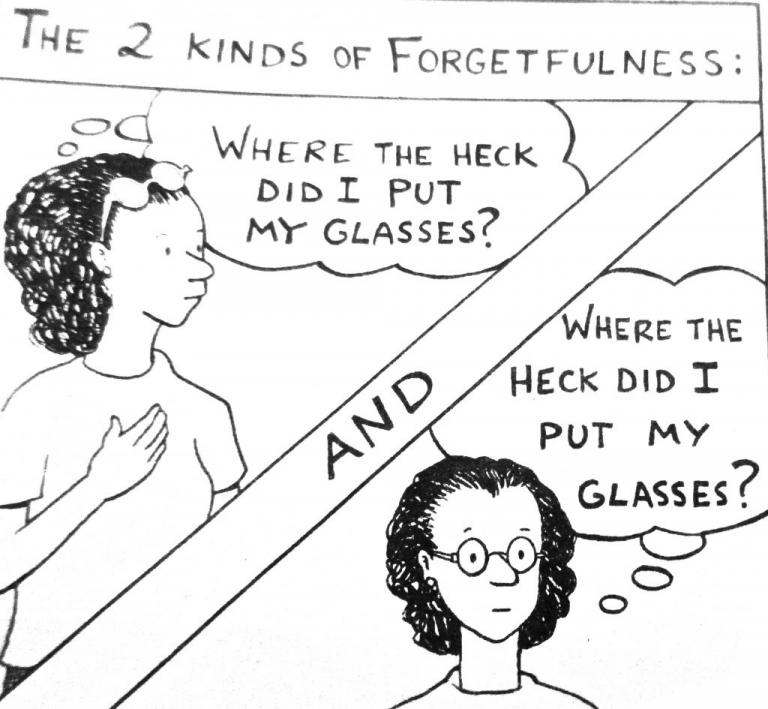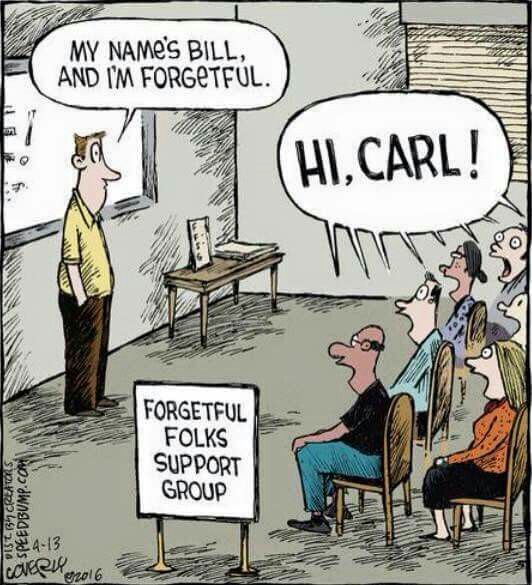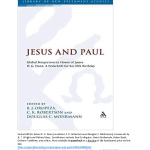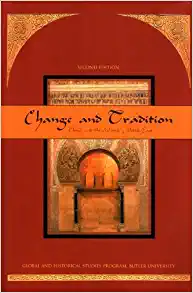I wanted to post this brief response to something I read about memory for a long time, but I forgot…
On the one hand, I greatly appreciated this point made a while back by Hector Avalos when reviewing Bart Ehrman’s book: “In the end, we retain virtually the same list of historical claims deemed accurate by Ehrman before any emphasis on memory studies. Memory studies did not change anything on Ehrman’s list, and it is the standard tools of historical criticism that are behind all the judgments of accuracy in the list.”
On the other hand, I was surprised by his suggestion that memory is meaningless if we cannot check it against “the original.” That misses the whole point, in my opinion, which is precisely that historians do not have access to an uninterpreted and undistorted “original.” Whether the person writes about themselves or is written about by others, memory plays a role in selecting, interpreting, and distorting.
Ehrman and Avalos, as an agnostic and an atheist, both seem at times to veer in a direction that simply reacts in diametric opposition to the misuse of history by Christian fundamentalists, while still playing the same game, rather than challenging their approach at a deeper methodological level. In that game, to be sure, those who say we cannot know with certainty are right and those who say we can are wrong. But by this stage, that observation should be trivial, and scholars should be focused instead on exploring with nuance the things we can deduce within this framework of methods and assumptions, with the appropriate nuance and qualifications.
There has been a lot more about memory and related subjects in the news since I first drafted this post. Here are some highlights:
New Scientist had articles on distrusting oral tradition and how two people can recall an event so differently. Scientific American reported that eyewitness memory is more reliable than you think
https://www.tabletmag.com/jewish-life-and-religion/287569/daf-yomi-276-memory-palace
When it comes to a question like “who wrote this song, would you trust memory or math?
A Songwriting Mystery Solved: Math Proves John Lennon Wrote ‘In My Life’
István Czachesz on “Cognitive Science and the New Testament”
Cultural Memory in Late Antiquity
Review of Jesus Before the Gospels
Recap of the 2017 Christian Scholars Conference
Memory and oral tradition in the Talmud
Fake news has been around longer than you think
Not an authentic quote from Bonhoeffer
False memory’s positive role in human thinking
The Satanic Panic and its impact on how we think
https://gegrammena.wordpress.com/2017/01/07/misquoting-albert-schweitzer/
New Scientist on memories and forgetting
Almost finally, the deadline is well past for this call for papers (sorry for not sharing this sooner) but the conference may still be of interest – the deadline to register is today!
https://relcfp.tumblr.com/post/182652696740/conference-epistemologies-of-memory-acrel
And now, for those who really do scroll all the way to the end, a couple of cartoons related to memory and forgetting, to reward you for the effort!















